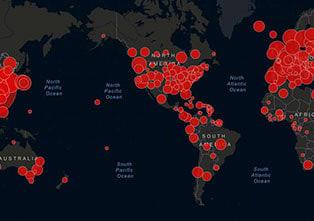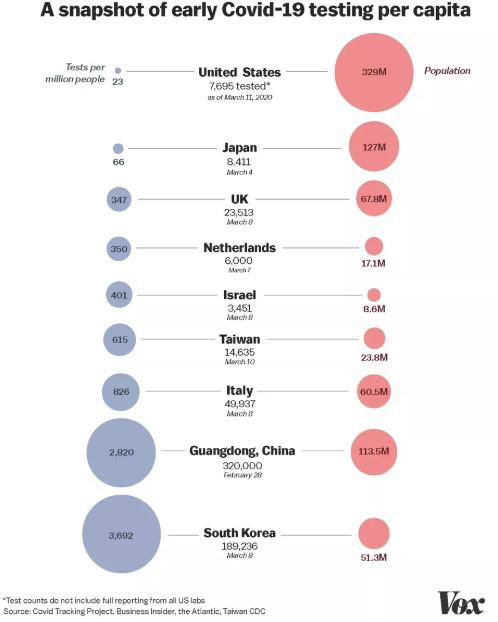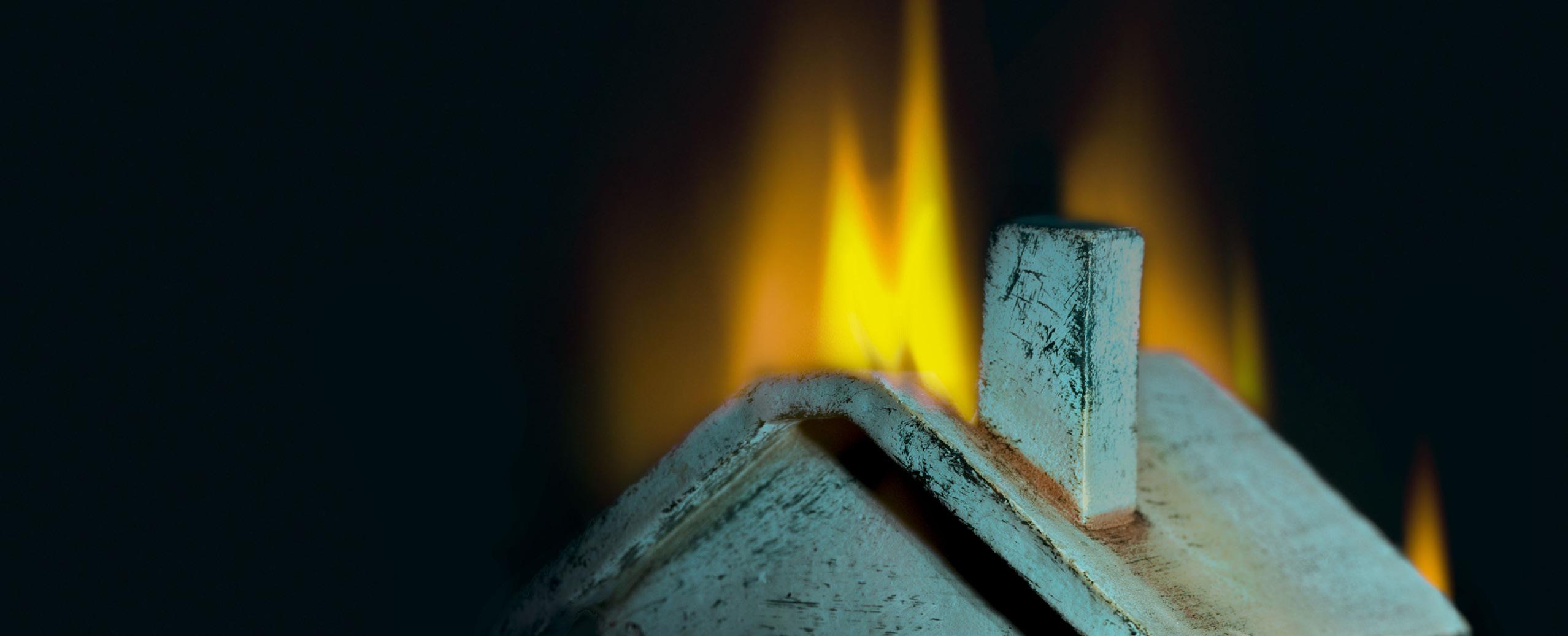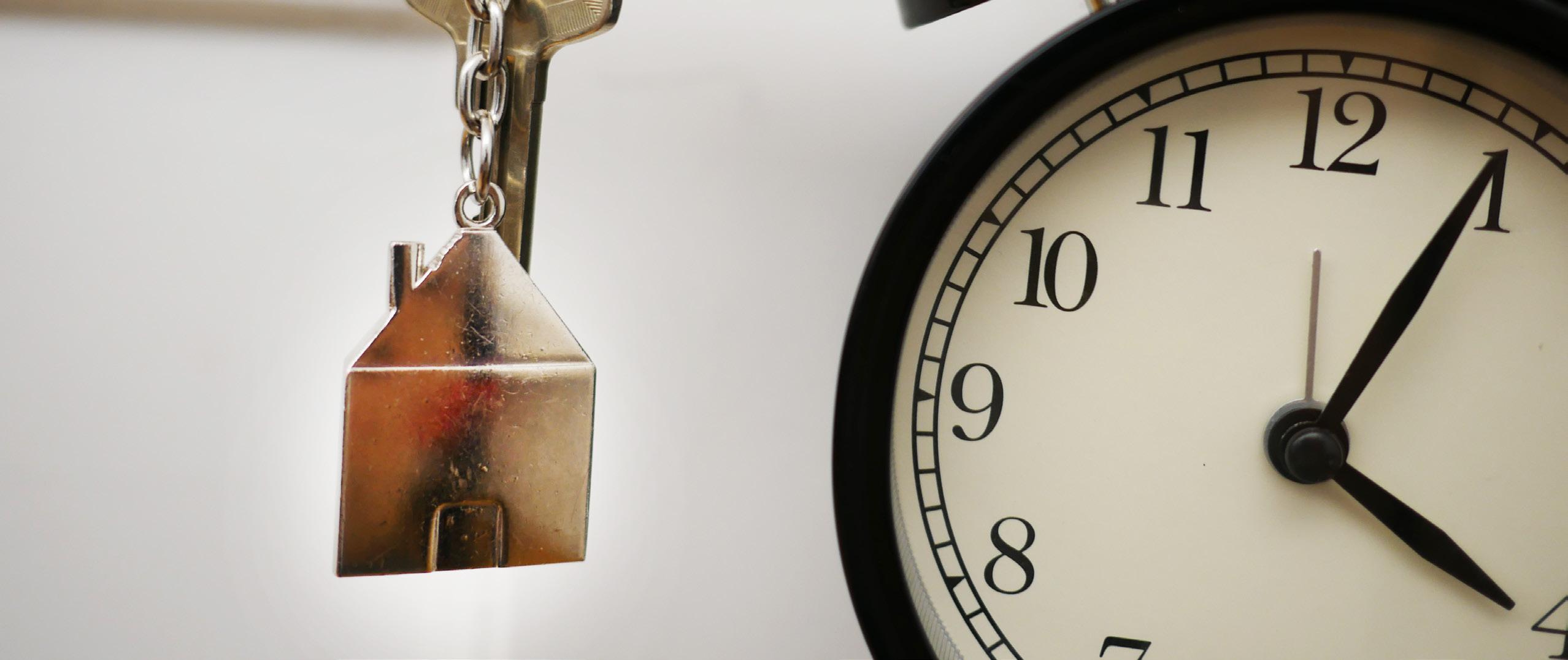
11 minute read
How COVID-19 is exposing flaws in the
HOW COVID-19 is Exposing Flaws in the U.S. and World Health System
The novel coronavirus is fighting so hard to expose the flaws in the health system, not just in America, but all over the world. The fact is, no one, and no country was prepared for a pandemic. Recently, the Group of 20, else known as G-20, said that the pandemic has exposed the “systemic weaknesses” in the global health systems. However, there were no mentions of Washington’s Contentious decisions to halt funding to the WHO.
Speaking of which, the President announced that his administration would be halting the nation’s funding to the WHO, which is a move that has the potential to exacerbate COVID-19 and cost more lives. Trump said this during a press briefing at the White House, saying that a review is being conducted to assess WHO’s role in addressing the spread of the virus.
Back to the main story, there is a growing concern that Americans won’t seek care as the costs involved are high. Even before the crisis hit the United States, the country

was already dealing with another crisis; fewer doctors and fewer hospital beds per capita than most other developed countries. What we see right now is the result of that incompetency where the rollout of the virus testing has been somewhat patchy, reliant on a mix of government and private labs to scale up the capacity to perform the tens of thousands of tests that will be necessary. “Everyone working in this space would agree that no matter how you measure it, the U.S. is far behind on this,” says Jen Kates, director of global health and HIV policy at the Kaiser Family Foundation.
NO ROOMS + NO EQUIPMENT = NO MONITORING
You won’t know your status until you get checked by the doctor, and this is the disconnect. Americans may avoid medical care even for some severe conditions simply because they cannot afford it. Hospitals will need to be equipped with more equipment, and apart from that, there is a severe deficit for rooms. With no rooms and no sufficient equipment, close patient monitoring and evaluation may be impossible.
As of the month of May, the United States was leading both in the number of confirmed cases and death toll. Medical professionals in the country and experts all agree to one thing; the strain on the health care system has severely compromised the ability of the U.S. to fight the virus fully hands-on.
They said that the pandemic has revealed that the country needs a shift in the way it views the health care system, as hospitals struggle to treat the surge in patients and lack enough personal protective equipment to keep the workers safe.
“We essentially have built a health care system that is perfectly right-sized for the care that was delivered yesterday, with totally just-in-time supply chains because we value efficiency,” said Dr Brendan Carr, chair of emergency medicine for the Mount Sinai Health System in New York. “And what just happened to us is we got caught out on that, and it became very, very clear that we weren’t ready for an unexpected bump in the night.”
Experts now urge the industry to heed to the lessons it has learned for the future of medicine. This comes also calling for a change in financial incentives, a more national and global approach to the public health, creation of an efficient manufacturing and distribution system for critical supplies and a continued increase in the use of telemedicine.
Right now, the available ICU spaces in hospitals are not sitting empty. And apart from sheltering coronavirus patients, some non-coronavirus patients need them and will continue to need them through the crisis. The New York governor, Andrew Cuomo has said that nearly 80 percent of the New York City’s ICUs were already filled, even with the COVID-19 outbreak still spreading.
A BROKEN SYSTEM
Let’s agree on one thing, by any of these metrics on pandemic preparedness, America is probably trailing most of the rest of the developed world.
“The U.S. performs worse than average among similarly large and wealthy countries across nearly all measures of preparedness for a pandemic,” Cynthia Cox, director of the Peterson-Kaiser Health System Tracker, told me. “The coronavirus outbreak is already exposing inefficiencies and inequities in our health system, and it is likely to put much more strain on the system in the coming weeks.”
The fact is, the country started out small, with slow testing, which is only going to get worse. Testing is a primary step in the fight against this disease.
It gets people diagnosed and on appropriate treatment if they do have an infection. Testing also establishes how widespread the virus is and will be. With testing facilities, experts can size up the problem; they know the rate at which the infection is spreading and the rate at which people are being hospitalized or dying, and can be able to follow its movement effectively.
However, even when testing is being emphasized on a large scale, the country has faltered in rolling out coronavirus tests, putting us far behind other developed countries in tracing management. Take a look at the following;

UNIVERSAL HEALTH CARE HAS NO ANSWERS FOR A PANDEMIC AS THIS
People are looking to UHC as if it had the answer to this pandemic. While to some extent, it may help, UHC is not the perfect treatment for emergencies like this. A country like Italy has a UHC system, a federalized national health insurance program very similar to Canada’s, but still, it was unable to contain the virus. “For quite some time in the past, the U.S. politicians had made proposition to make American health care system more like these other nations; either by making carefree or cheap at the point of service, either by having the government cover more of the cost by mandating private insurers cover services related to the outbreak.” – Dylan Scott, Vox.
Its even worse because the country has made primary care a low-margin to negative-margin business for hospitals while other things such as fancy operations and cancer therapy are highmargins. Right now, a change in how the health care businesses are run would likely be determined by either the congressional action or by creating payment incentives for the hospitals.
IT’S NOT THAT WE CANNOT CONTAIN IT, HEALTH CARE COSTS ARE WAY TOO HIGH TO ALLOW CONTAINMENT
Right now, about one millionplus case have been reported in America. Moving forward, it is hard to tell whether the country will be able to contain the virus spread. On many measures, the United States’ health care system is worse among the developed nations. A large chunk of the population lacks health insurances, and those who do carry the most medical debt. Fact is, among all the developed countries, Americans often die more from preventable causes, for instance, America is leading in the death toll with about 60K deaths.
Among all other problems in this flawed system, the one that stands out is the cost factor. More than any other developed nations, Americans face higher out-ofpocket costs for their medical care than other people. Research shows people will forgo care they need, including for some severe conditions, mainly because of the cost implications.
“Patients here are much more likely than those in most other countries to say they had a costrelated barrier to getting medical care: 33 percent in America vs between 7 percent (Germany) and 22 percent (Switzerland) in other developed economies. Americans are more likely to say they struggled to afford or couldn’t afford medical bills and that their insurance plan had refused to cover some of their medical claims. “- Dylan Scott, Vox.
Most Americans will delay care as a result of cost barriers. In fact, in 2019, 33 percent of the Americans said that they put off treatment for medical conditionals because of cost; 25 percent said that they postponed their care for a severe condition. The previous year, a study found that women with breast cancer would delay care simply because of the high deductibles on their insurance plan, even for some basic services.
First, the cost factor has an implication in that as the pandemic situation grows, the patient will be more reluctant to visit hospitals. First, they might get wary because they cannot afford the check-up or the testing. Secondly, even if they do get a COVID-19 diagnosis and require hospitalization, they have bills from the hospital that they need to worry about.
Sources;
https://www.vox.com/policy-andpolitics/2020/3/16/21173766/ coronavirus-covid-19-us-caseshealth-care-system https://www.nbcnews.com/news/ us-news/health-care-experts-saycoronavirus-exposes-major-flawsmedical-system-n1194391 https://www.straitstimes.com/ world/middle-east/covid-19- exposes-flaws-in-health-systemssays-g-20

Split-Roll Property Tax Measure Hurts Immigrant and Minority Communities Background: Prop 13 Has Helped All Californians for More Than 40 Years
• For more than 40 years, Prop 13 has provided certainty to homeowners, farmers and businesses that they will be able to afford their property tax bills in the future. Under Prop 13, both residential and business property taxes are calculated based on 1% of their purchase price, and annual increases in property taxes are capped at 2%, which limits increases in property taxes, especially when property values rise quickly.
Split-Roll Property Tax Measure Destroys Prop 13 and Makes Our Economic Crisis Worse
• Amid an unprecedented economic crisis, special interests submitted petitions to qualify a measure for the November 2020 statewide ballot that will destroy Prop 13’s property tax protections and will be the largest property tax increase in California history. The measure will raise taxes on commercial and industrial property by requiring reassessment at current market value at least every three years. This type of property tax is known as a “split-roll tax” because it splits the property tax roll, assessing business property differently than residential property. • We should reject this measure and maintain Prop 13 protections that have kept property taxes affordable and provided every taxpayer who buys a home or business property with certainty that they can afford their property tax bills in the future. Now is not the time to raise taxes and bring more uncertainty to businesses and all Californians.
Gentrifies Our Longtime Communities
• A split-roll property tax will provide a huge financial incentive for local governments to approve business projects to replace existing housing so they can receive higher property tax revenue. It will also push small minority- and immigrant-owned businesses out of our communities when they can’t afford the higher property taxes. This unintended consequence will intensify the gentrification already occurring in much of the Bay Area and Southern
California coastal counties.
Hurts Small Businesses and Consumers
• Most small businesses rent the property on which they operate. The measure’s higher property taxes will mean soaring rents at a time when the federal and state government is trying to provide small businesses with rent relief to keep their doors open. Ultimately, the measure’s tax hike on businesses will get passed on to consumers in the form of increased costs on just about everything people buy and use, including groceries, fuel, utilities, day care and health care.
Hits Minority-, Immigrant-and Female-Owned Businesses the Hardest
• Small businesses are already struggling. This measure will make it even more difficult for them to reopen their doors or stay in business as a result of this economic crisis. Increasing property taxes on businesses by up to $1 2.5 billion a year will hurt female- and minority-owned businesses the most and 120,000 jobs will be lost, according to a Berkeley Research Group study. Voters are being asked to consider a measure that will only increase job losses at a time when millions of Californians are applying for unemployment benefits. • According to the latest data from the Harvard Business School, about 42% of new companies are founded by immigrants in California and the most recent 2012 Survey of Business Owners by the Census bureau found that 5% of businesses in the state are owned by African Americans. Additionally, the California Latino Economic Institute found that nearly one-quarter of all businesses in California are owned by Latinos, and they are the fastest-growing component of the state’s economy. Most of these businesses start small and stay small, meaning they often rent their property and are subject to higher rents when property taxes increase. • In the most recent 2012 Survey of Business Owners by the Census Bureau, 38% of all non-publicly traded businesses were owned by females and another 9% were owned equally by females and males.
Increases the Cost of Living for Everyone and Makes the Homelessness Crisis Even Worse
• In 2019, US Housing & Urban Development data showed California led the nation with more than one-quarter of the country’s homeless population. • California’s cost of living is already among the nation’s highest. We shouldn't do anything to make it even more expensive to live here. The split-roll measure will only increase homelessness and make life more difficult for
Californians already living paycheck-to-paycheck.
Homeowners Are Under Attack
• If businesses lose their Prop 13 protections, homeowners will be next. Supporters of the measure even admitted that this initiative was the first step in a plan to end Prop 13, which could mean skyrocketing property tax increases for all California homeowners.
Ad paid for by Californians to Save Prop 13 and Stop Higher Property Taxes, sponsored by California homeowners, taxpayers, and businesses Committee major funding from Western Manufactured Housing Communities Association California Business Roundtable California Taxpayers Association Funding details at www.fppc.ca.gov










